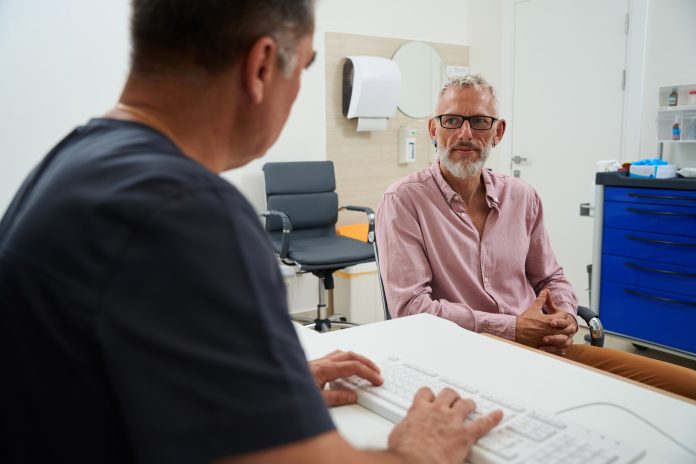Escalating workloads, staff shortages, and insufficient resources are putting the NHS in Wales under severe strain, highlighting the urgent need for funding reforms to support general practice and protect patient care
NHS Wales faces a growing risk of collapse unless urgent reforms are made to address GP funding shortfalls. Rising workloads, staff shortages, and limited resources are straining general practice and threatening the sustainability of healthcare services, putting patient care at risk.
NHS Wales: Burnt out and overworked GPs
Since 2012, 100 surgeries have closed, and GPs are now seeing up to 35% more patients each. A recent British Medical Association (BMA) survey indicates that 89% of GPs in Wales report being unable to meet patient demand.
On 17 September, Gareth Oelmann and Ian Harris, the chair and deputy chair of the BMA’s General Practitioners Committee in Wales, and an expert panel appeared before the Health and Social Care Committee. The inquiry is a direct response to the BMA Wales’ Save Our Surgeries’ campaign and ‘longitudinal’ lobbying over the past three years to amplify general practice’s voice.
Speaking after the inquiry, Dr Oelmann, who is a GP partner in Gwent, said he felt encouraged that GPs’ voices had been heard: ‘It’s important that this platform has allowed us to share frontline realities and influence policy thinking. What we saw at the hearing was widespread cross-party support for the principles we’re putting forward, and an encouragement to pursue them.’
But he also warned: ‘Each and every one of the practices across Wales that we represent is facing the same significant challenges. Without change, general practice will continue to crumble and with it the foundations of the NHS in Wales. No change is not an option.’
Workload increases whilst funding decreases
The panel highlighted the urgent need to restore the GP share of the NHS Wales budget from its current 6.01% to the 2005/06 levels of 8.7% within three years.
As Dr Harris, a GP partner in Bridgend, put it: ‘Over the years, we’ve been asked to do more and more and more with a reduced proportion of the NHS spend.’
Doctors across all branches of practice agreed that a stronger policy focus on preventive health was key to tackling the healthcare crisis, said Dr Oelmann after the hearing. ‘If we are moving care closer to home, where it may be more appropriate and more efficiently delivered, then resources must follow cost. And that means less pressure on A&E.’
Dr Harris told the inquiry that reversing the defunding of general practice will require a determined shift in policy, which he compared to ‘turning around a supertanker’.
‘The direction of travel with funding and policy over the years has been to relatively defund general practice and primary care in favour of other sectors,’ he said. ‘They’re less shiny, enticing areas of healthcare.. but they’re so vital to the health of the nation.’
The impact of national insurance contributions
The BMA is also urging the health and social care committee to address the significant financial impact of the surge in national insurance contributions. This, along with the need for a national standard for safe working, the unsafe and unsuitable state of some GP estates, and the issue of GP shortages and unemployment, is putting immense financial pressure on the healthcare system.
Dr Harris described the current combination of GP shortages alongside high GP unemployment as ‘Kafkaesque.’ This term, often used to describe a situation that is confusing and illogical, reflects the paradoxical nature of the current GP workforce in Wales. Practices are struggling to afford hiring GPs, despite high levels of unemployment in the field. The Welsh GP workforce is facing a challenge due to the availability of better pay and conditions overseas and in other parts of the UK.
Regardless, productivity in general practice remains high, with 1.6 million appointments delivered every month; however, GPs are paying the price, with high levels of stress and burnout being a familiar feeling.
Nevertheless, productivity in general practice remains high, with approximately 1.6 million appointments delivered each month. However, this high productivity comes at a cost. GPs are paying the price, with high levels of stress and burnout being a familiar feeling. ‘GP is the best job in the world and the worst job in the world, usually at the same time,’ said Dr Harris. ‘And the thing that makes it the worst job in the world is the attritional nature of the pressure that you feel to deliver services when you don’t have the resources.’











